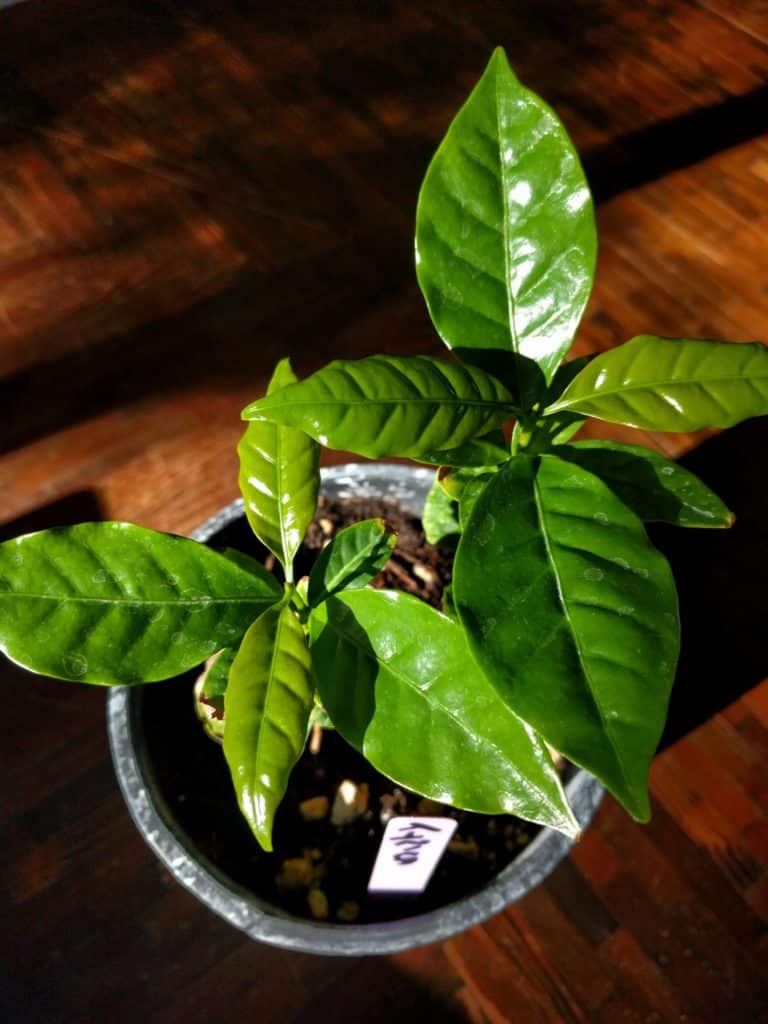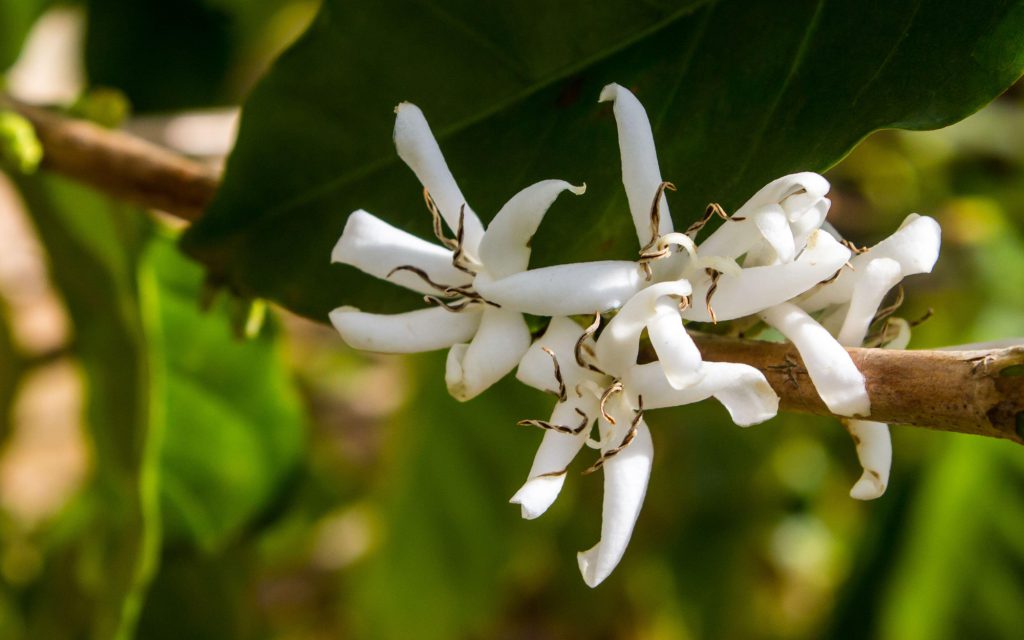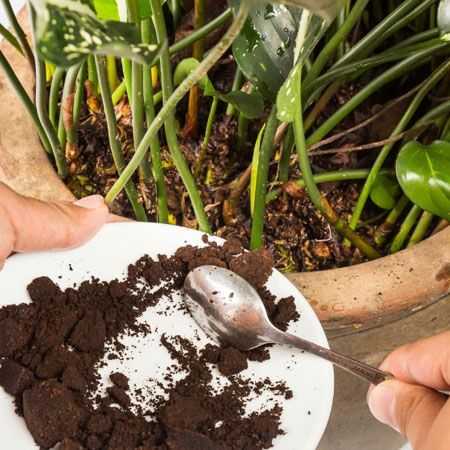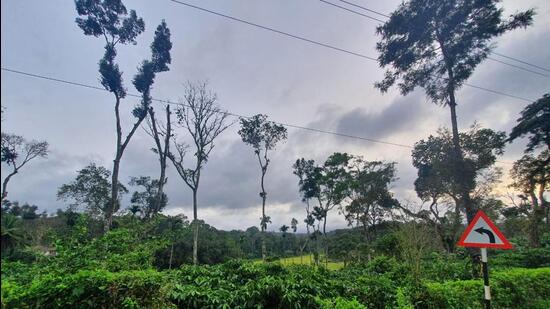If you’re wondering where coffee is grown in India, there are many different choices. Some of India’s most popular coffee-producing regions include Karnataka, Tamil Nadu, Kerala, Andhra Pradesh, and other areas. Regardless of your preferences, you’re sure to find a great cup of coffee in one of these regions. Read on to learn more. And, don’t forget to check out the delicious coffee in Kerala, Karnataka, and Andhra Pradesh.
Karnataka
Coffee has been grown for many centuries in South Asia, but its origin in India is unknown. It is believed that coffee was first produced in Arabia, then later spread to Ethiopia and then to Yemen. The history of coffee grows back to 875 AD, when an Indian Muslim saint named Baba Budan brought a bag of beans from Yemen, tied them around his waist, and planted them in the Chandragiri Hills in Karnataka. The beans were then considered illegal, and Baba Budan had to leave Arabia to grow them in India.
Almost 390 thousand hectares of land in India are planted for coffee, and over 70% of the plants are small. Karnataka is home to 65 percent of the country’s arabica coffee. Its high elevation and sloppy mountain landscapes make it ideal for coffee cultivation. The state is also home to several coffee plantations, with the largest concentrations of coffee cultivation in the regions of Chikkamagaluru, Hassan, and Mysore.
While visiting Karnataka, visit some of the many coffee plantations while you are in the region. Coffee plants thrive in this warm climate, and the state produces over 40% of all the country’s coffee. Coffee production in Karnataka has increased by more than 40 percent in the last decade, and many people enjoy sipping a cup of chai while on holiday. The state’s beautiful landscapes and natural wonders make coffee growing in Karnataka a fun family activity.
A quarter of India’s coffee production was Arabica in the last financial year. The rest was Robusta, at 4,725 metric tonnes. In Tamil Nadu, the principal coffee-growing areas are Salem, Coimbatore, and Nilgiris. Together, they produce nearly 70,000 metric tonnes of coffee each year. So, whether you’re a coffee lover or simply an avid tea drinker, there is something for everyone in India.
Tamil Nadu

The best-known Indian coffee is the Mysore variety. The coffee is grown in the southern district of the Nilgiris. The region is also home to several coffee farms, including the famous Coorg district. In addition to coffee production, Coorg is known for its honey, which is harvested in abundance. This type of coffee has a long, rich history and is known to be rich in both taste and aroma. Coffee grown in Tamil Nadu is rich in flavor and excellent acidity.
The first coffee was grown in India in the 1670s, long before establishing the East Indian Trading Company. In a region of Southern India known as Chikmagalur, an Indian Sufi saint named Baba Budan brought coffee beans to the country on his return from Yemen. In 1670, the coffee plant was planted on a hill. The hill in this region is known as Baba Budan Giri. In the local language, Giri means hill.
The coffee is grown in Manjarabad, a small geographical region between Coorg and Chikmagalur. The area has medium-elevation mountains and rainfall ranging from 1000 to 2500 mm. This region is home to jungle fowl and produces mixed shade Arabicas. In addition to coffee, there are also intercrops like pepper, orange, banana, and cardamom.
Kerala
The state of Kerala, India, is one of the largest producers of coffee. The state has coffee estates covering 60200 hectares. Coffee is also grown in tea plantations in Wayanad, Gavi, and Denmark. Coffee is grown in multi-crop patterns that maximize the use of resources and insulate the plantation from the vagaries of nature and the market. Coffee plants are grown under tall shade trees.
Coffee is grown in the small town of Murikkady, which is home to a large estate. The estate’s plantations are spread up to the nearby village of Thekkady. Another popular estate is Seethargundu, which boasts that it is one of only two biodynamic, Demeter-certified estates. In addition to coffee, the estate uses sustainable farming practices.
The state of Kerala produces the most coffee in the entire country. It has approximately 67,700 Metric Tonnes of coffee, accounting for 20 percent of the country’s total coffee production. Coffee in Kerala is primarily Robusta, with Arabica coffee grown in smaller quantities. In the last financial year, the state produced 2,055 metric tonnes of Arabica. Despite a large amount of coffee paid, the state still has much room for improvement.
In the year 1945, the Varadymalai Estate began planting coffee. It is now spread over 2000 acres, with 372 acres dedicated to producing Arabica and Robusta coffee beans. Around 90% of the state’s coffee production is grown in Wayanad, a region on the western ghats. The climate of Wayanad is perfect for growing coffee, and British soldiers established the first plantation.
Andhra Pradesh
Unlike other parts of India, the state of Andhra Pradesh has its distinct agro-climatic conditions for coffee growing. The state has over 1000 meters of elevation, and the region is ideal for this crop. A British man introduced the crop in 1898, and the state’s coffee industry gradually spread. In the 1950s, the Girijan Co-operative Corporation was formed, empowering the tribals to work in cooperatives and develop coffee plantations. The process of farming coffee involved clearing forests, burning forests, and replanting the areas.
To grow coffee in this region, farmers must first learn about the conditions for farming. The state is renowned for its low-quality coffee, and a lack of high-quality beans can affect the quality of the crop. Agroecology is an integral part of farming in Andhra Pradesh, and farmers in this region must follow strict rules to ensure a sustainable yield. This can be achieved through biodynamic farming practices, which help farmers save time and money while reducing environmental impact.
TechnoServe’s mission is to improve the livelihoods of small-scale farmers by strengthening farmer producer organizations and helping them become sustainable enterprises. The organization works with farmers to provide agronomic training and post-harvest support and link them with local markets. One farmer, Palika Raju, lost her five-acre farm three years ago in a forest fire. However, TechnoServe helped him rebuild his farm and turn it into a productive coffee farm.
The state also produces significant amounts of coffee. Araku Valley Hill Station is the ideal place to develop coffee plantations. The state has 71,356 hectares of land under coffee cultivation, and the corresponding area in Odisha is 4,239 hectares. Arabica and Robusta coffee varieties are grown in AP. The state’s coffee production total is expected to cross the nine-thousand-tonne mark next year.
Chikmagalur
It’s hard to imagine coffee being grown in a region that smells like damp earth. But the town of Chikmagalur, in southern India, is one of the most significant contributors to the country’s coffee production. You can walk through the coffee plantations, see peacocks roaming the landscape, and experience a traditional Indian meal while enjoying hot coffee.
The history of coffee in Chikmagalur dates back to the 17th century when a Sufi saint named Baba Budan brought seven coffee seeds from Arabia to India and planted them in his garden. The area around Baba Budan Giri is now home to some of the country’s oldest coffee plantations, and even the coffee plant was first grown in these hills. The area was called Chandra Drona in ancient times.
The region’s ideal conditions make coffee an excellent crop for plantations. Coffee is grown in Chikmagalur and the surrounding hills, where the Western Ghats provide a perfect climate for coffee growth. You can even visit the Central Coffee Research Institute, which helps plantation owners improve yield and resistance to disease. The coffee museum at the institute is staffed by passionate coffee lovers who can answer your questions about the history and production of coffee.
A region that grows both Arabica and Robusta coffee, Chikmagalur is known for producing both. In 2017, the area had 35,900 metric tons of Arabica and 48,110 MT of Robusta. In 2018, the state of Karnataka produced 177,460 MT of both types of coffee. Among other things, coffee from Chikamagalur is India’s highest-quality cup of coffee.





